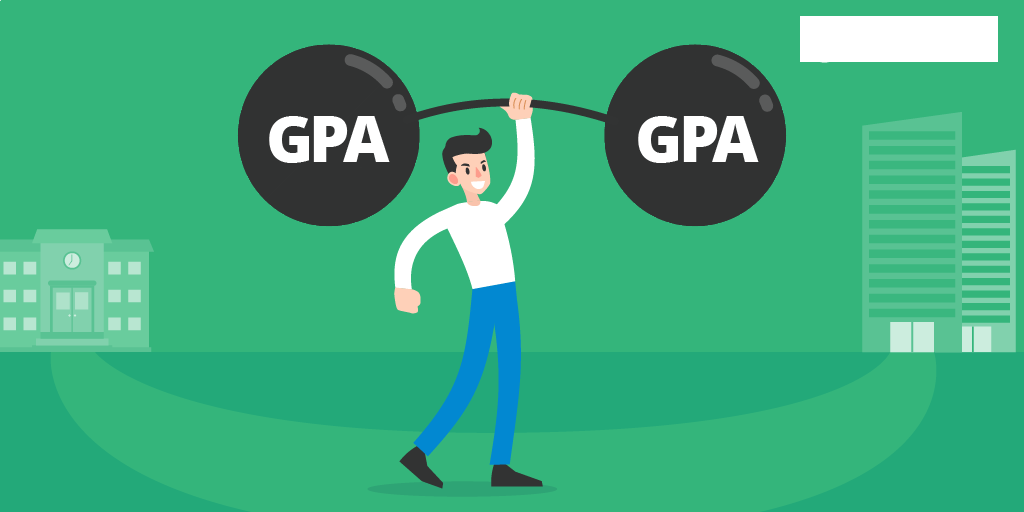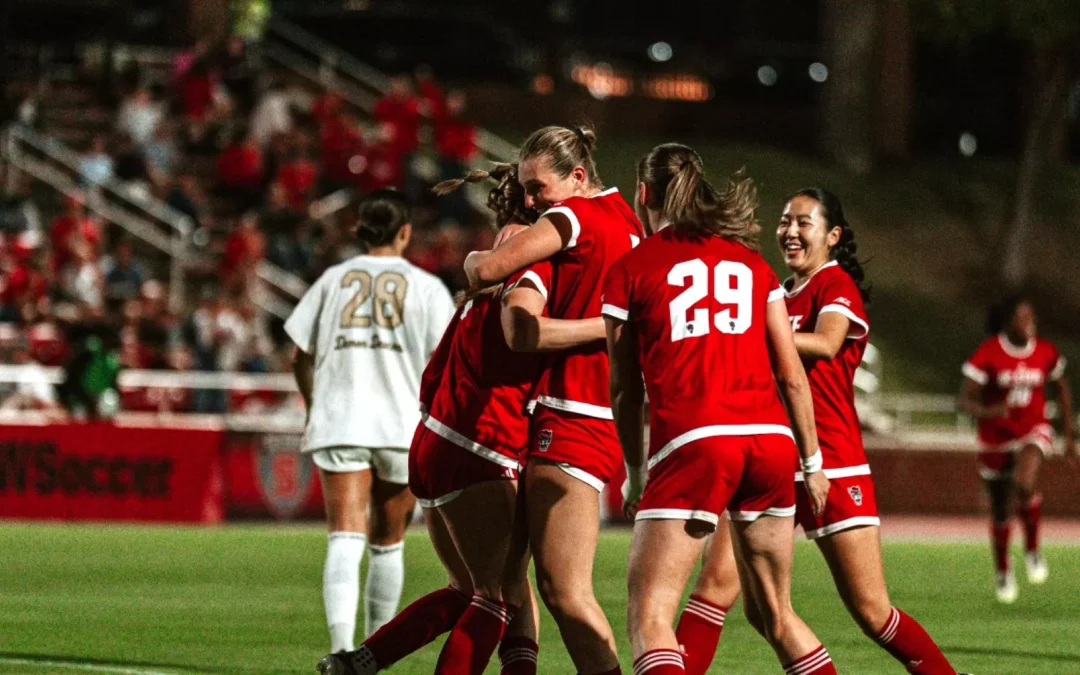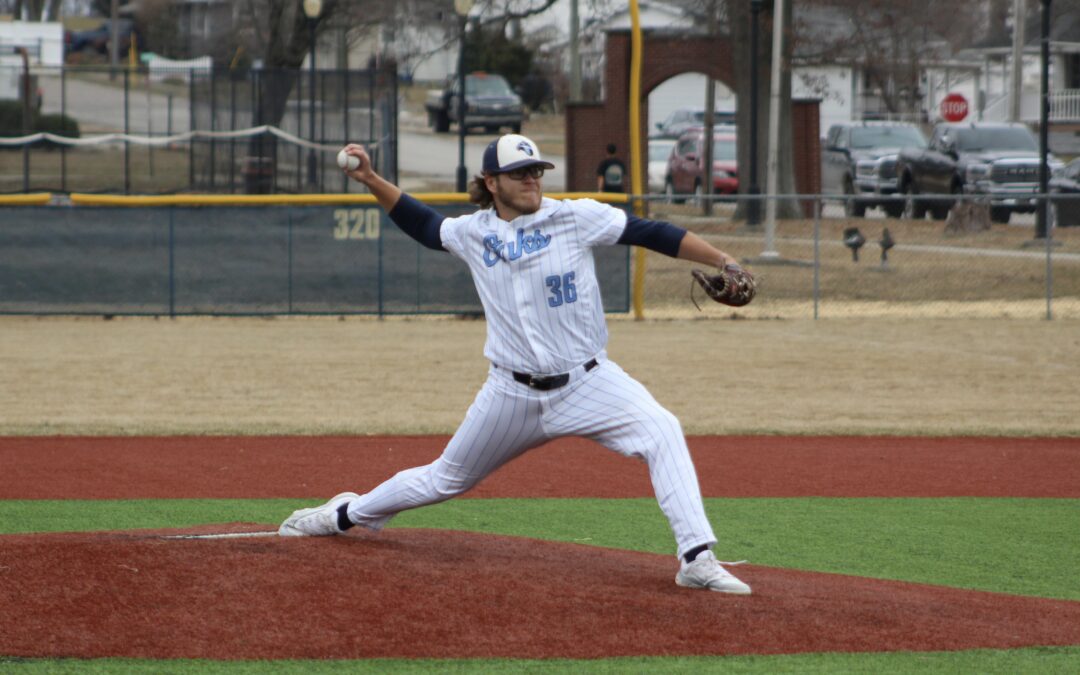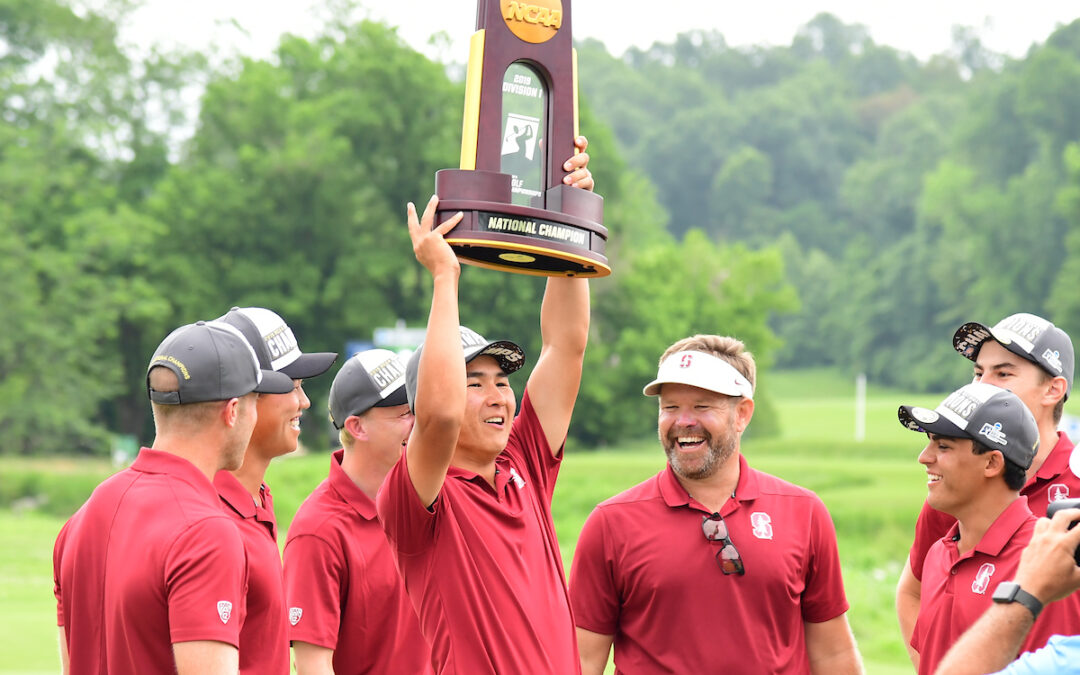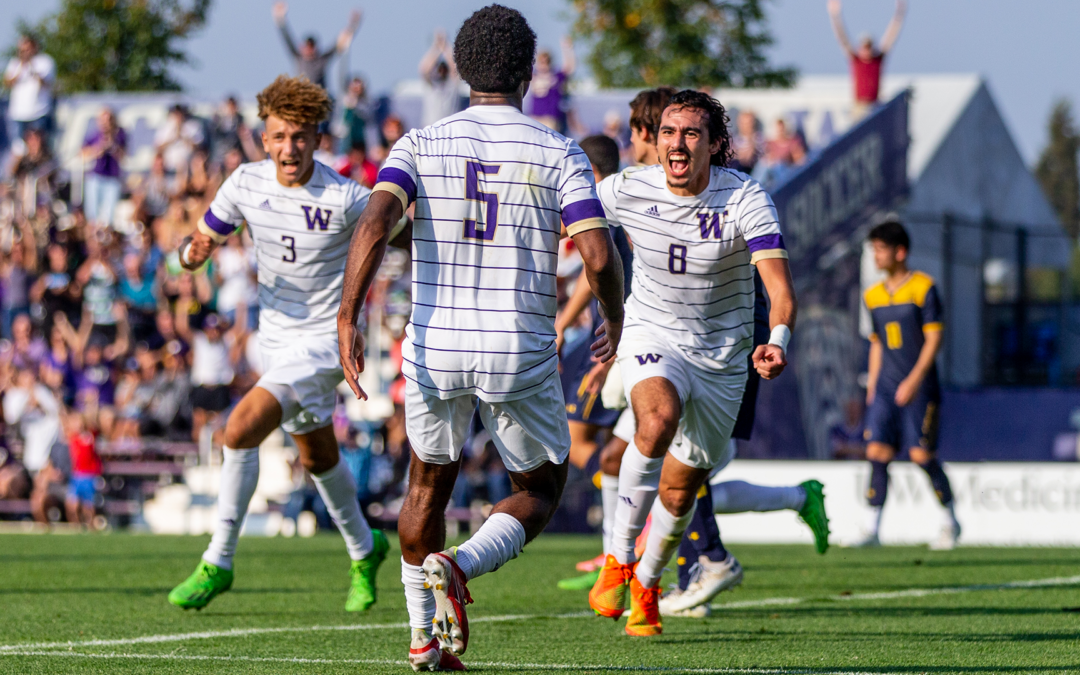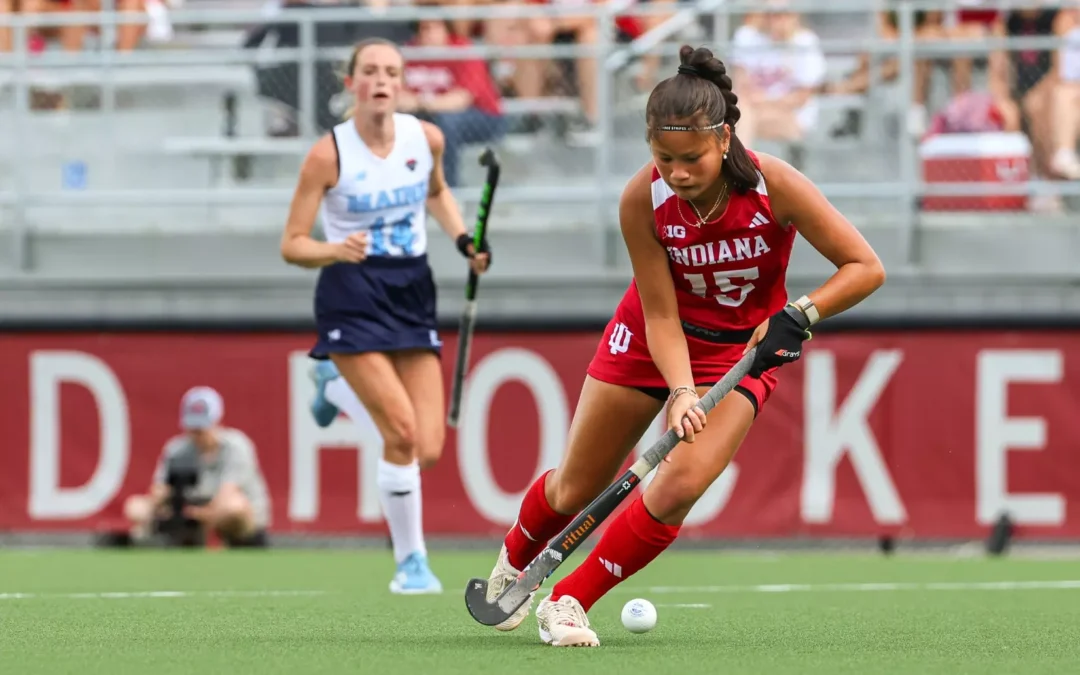In a perfect world, all athletic scholarships in college athletics would be guaranteed for four years (and in some cases this is true), but unfortunately, the reality is that scholarship renewal policies can vary widely by division, conference, and University.
It is important to know when your scholarship can be pulled and for what reasons, and what you can do to avoid it. The NCAA rule book consists of very detailed information about when a coach can and cannot reduce or cancel an athlete’s scholarship. Below, we cover the most common reasons:
1) Ineligibility
There are several ways an athlete can become ineligible to compete (visa issues, failed drug tests, dropping below the required GPA, etc.) and a coach is not likely to keep you on scholarship if you can’t play.
2) Commitment
To receive a scholarship, you must sign a letter of intent, and a financial aid agreement, which declares that you commit to participating in that sport. If you decide to not show up to practices or games, a coach is allowed to remove your scholarship.
3) Misconduct
If a student-athlete has engaged in serious misconduct (sexual assault, drinking on campus, posting inappropriate pictures on social media, etc.) a decision will be made based on the university’s regular student disciplinary authority. So be sure you know your school’s policy.
4) Quit the team
If you voluntarily quit the team (for whatever reason) and sign a “Voluntary Withdrawal Form”, gives the university the right to cancel your scholarship mid-year! Do not sign a “Voluntary Withdrawal Form” unless you are certain that you are leaving your team.
5) Transfer
If you notify the coach you want to transfer to another university, you give up your scholarship and the coach can use this to find other players. Important to know is that the scholarship will not be taken away immediately but in the next term.
6) Injury
This is a little more complicated. A scholarship is awarded for an established period of time (usually a school year). A coach cannot reduce the scholarship during that time due to “an injury, illness, or physical or mental medical condition” of an athlete, according to the NCAA. However, a coach can decide to not renew an injured athlete’s scholarship once the initial scholarship period is over.
7) Performance
Just like with injuries, a coach cannot cancel your scholarship during the established scholarship period due to performance. Once the initial scholarship period is over, however, the coach can decide to not renew the scholarship.
Hearing opportunity
There is something worth mentioning that not everyone knows about. If a coach decides to take away your scholarship or not renew it, you are entitled to appeal in a hearing with the University’s regular financial aid department (not the athletics department).
For more information, please read the current NCAA bylaw 15.3.2.3
What can you do about your scholarship renewal?
At the end of the day, the ultimate decision for a scholarship renewal will come down to the coaches and athletic departments. However, if you work hard (both in your sport and in the classroom) and comply with the rules set by the coach, division, and university (GPA requirements, dry campus policies, drug tests, class attendance policies) you’ll increase the chances of keeping your coach on your side, and to keep your scholarship.
For further tips or questions about scholarships, feel free to contact us


